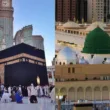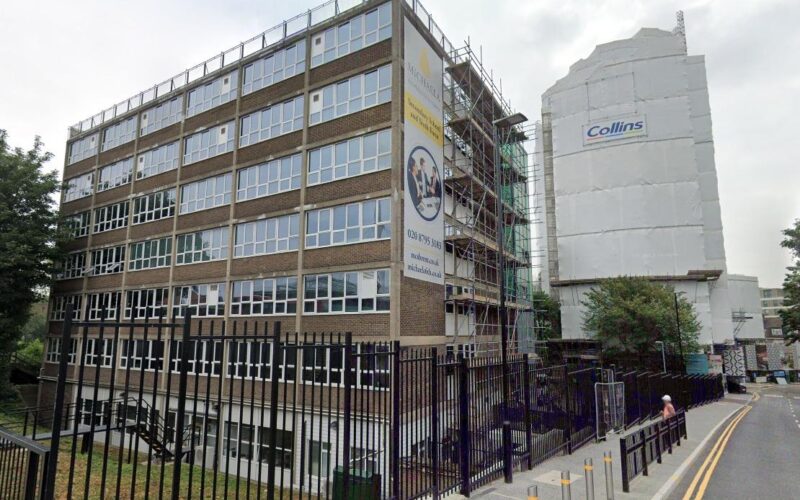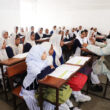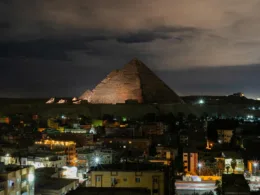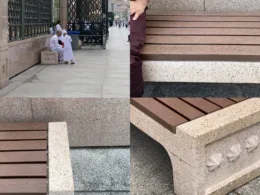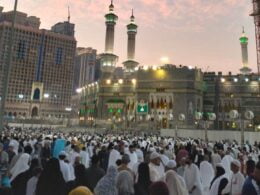The ban was imposed after the school received threats of bombing and violence as per the lawyer from the school’s side.
A famous school in London is facing legal issues as a Muslim student has filed a case against the school over the ban on prayer rituals. The student whose identity has not been revealed due to security reasons says that the ban is completely unjust and it is a human right to practice her religion.
Michaela Community School in Brent, north-west London, which is led by Katharine Birbalsingh, a UK Government adviser on social mobility. The school is known for its strictness and good academic progress.
The ban was imposed by the teacher in March 2023 after an online campaign that targeted the school for being anti-Islamic. The school even received threats of bombing and violence which forcefully made it hire security. As per the lawyer from the school’s side, the ban is required to keep safety intact.
The case was initially heard in private, but Judge Thomas Linden ruled that it should be held in public and the school and head teacher could be identified. He said that the school had received abuse but that hearing the case in public would not pose a risk to school staff.
The student, who Is represented by Sarah Hannett KC, says that she used to pray in the school’s yard, using blazers to kneel as prayer mats were not allowed, along with about 30 other Muslim students.
She says that the school, where half of the 700 students are Muslim, stopped them from spraying outside in March last year, and that the only alternative offered was to pray silently in their heads.
She argues that this is not acceptable for Muslims, as their prayer has a ritualized nature that requires prostration and facing a particular direction.
She is seeking a compromise, asking that Muslim pupils be allowed to pray for around five minutes at lunchtime on dates when their faith requires it, but not during lessons.
The school, which Is opposing the legal challenge, is expected to set out its defense in court on Wednesday. It is likely to argue that the policy is not discriminatory, as it applies to all faiths and does not prevent pupils from praying internally.
The outcome of the case could have implications for other schools that have similar policies on prayer. The case is expected to continue for two days, with witnesses from both sides giving evidence.
Subscribe to our channels on WhatsApp, Google News, Facebook and Instagram.Discover more from The Islamic Information
Subscribe to get the latest posts sent to your email.


